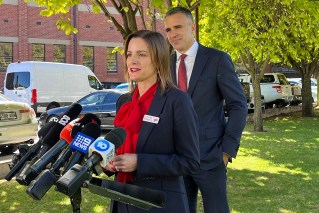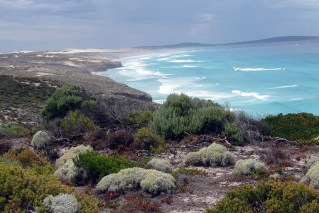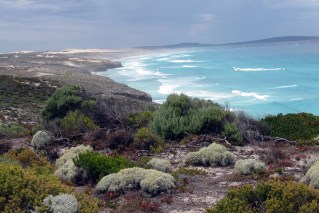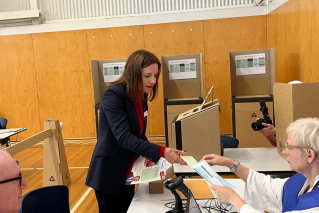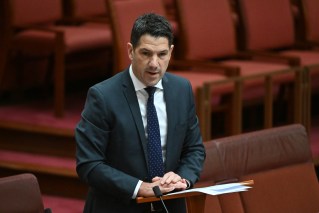Cashless welfare card trialled
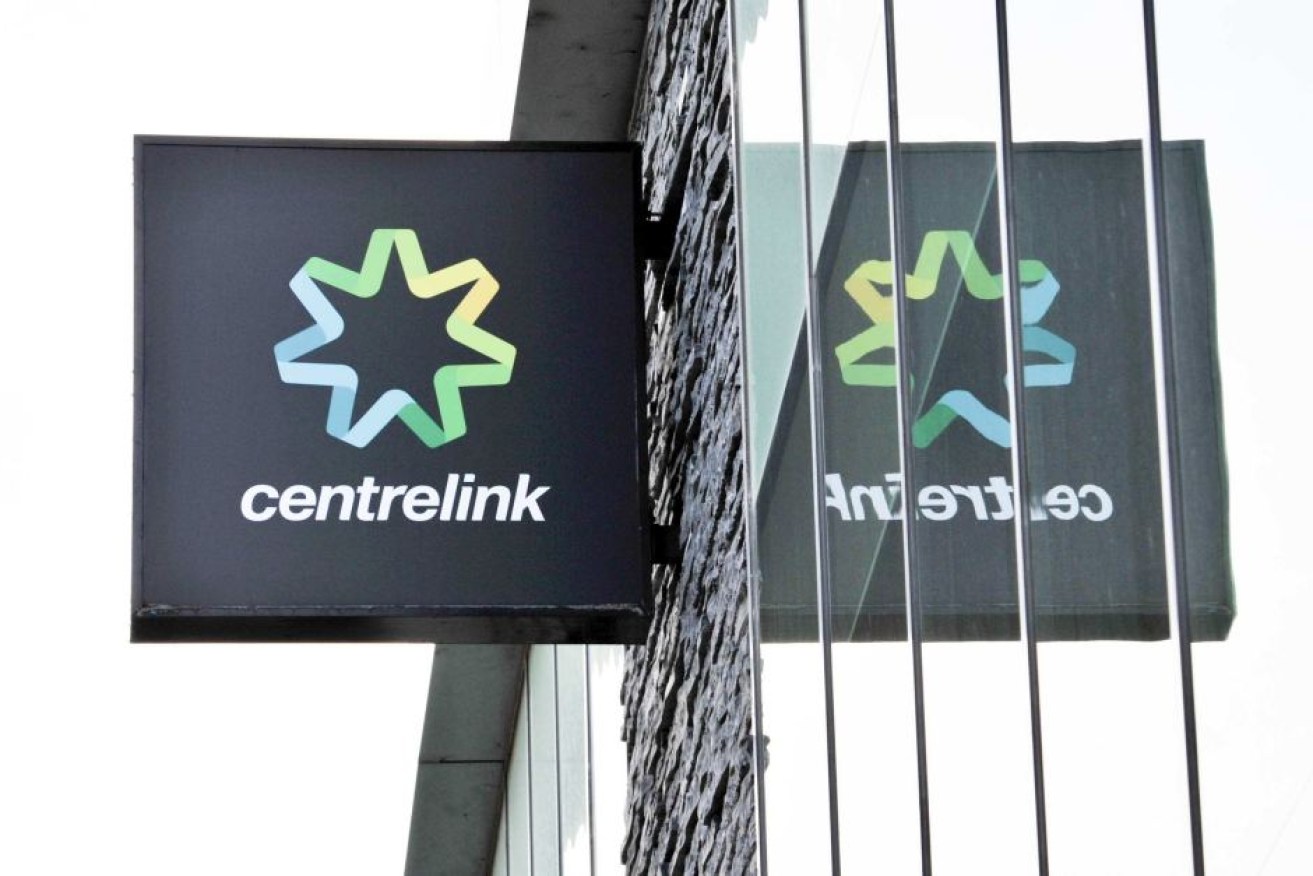
AAP.
The Mayor of the South Australian town of Ceduna says he hopes the trial of a new cashless welfare card will help “break the cycle” of alcoholism in the small community.
The Federal Government has secured an agreement with Ceduna community leaders to test the card.
• Abbott under fire for Indigenous disagreement
• Hockey’s work longer plan just won’t work
From February next year, adult welfare recipients in the town will have 80 per cent of their payment quarantined so it cannot be spent on alcohol or gambling.
The restrictions on cash are also designed to prevent government payments being used to buy illegal drugs.
The Government has been negotiating with members of the Ceduna community about the trial, including the town’s mayor Allan Suter and Indigenous leaders.
“We’re very happy to support what we think will be a huge improvement for our community generally,” Mr Suter said.
“The principal concern we were trying to address was the very sad situation where a very small minority of people are spending the bulk of the benefits that they receive on the purchase of alcohol or gambling services.
“We’re hoping this will be one of a series of steps taken to break the cycle.”
Hopes trial will reduce rate of alcohol-related illness
Parliamentary Secretary to the Prime Minister Alan Tudge said it is hoped the trial will help address the high rate of alcohol-related illness in Ceduna.
“In a community like Ceduna, unfortunately, they’ve got a hospitalisation rate from assault which is 68 times the national average, much of which is due to alcohol abuse,” he told AM.
“Last year they had 4,500 admissions to the sobering up centre from a small community of just 4,000 people.”
He said the Government and Ceduna representatives had jointly agreed on the amount of cash that should be provided through the trial.
“We’ve discussed this at length with the community leaders and we’ve settled on the figure that 80 per cent of all welfare payments will be placed onto this cashless debit card and the remaining 20 per cent will go into an ordinary cash account.
“Now this means that most people will still have between about $60 and $150 of cash per week, depending on their family circumstances.”
The idea was outlined in a review of Indigenous employment that was conducted for the Government by mining identity Andrew “Twiggy” Forrest last year.
The Government said the card would not be aimed at the Indigenous community and would affect all welfare recipients in the areas that are subject to the trial.
People drawing the age pension will not be forced onto the restrictions, but they would have the option to volunteer for the cashless card.
“I believe that many people will,” Mr Tudge said.
“Because certainly amongst some communities they might get targeted or humbugged for money if they’re the only ones that have an access of money there.
“So we’re going to provide that opportunity for people to give them that protection should they choose to have it.”
The Coalition is also in talks with Halls Creek and Kununurra in Western Australia about taking part in the trial.
The Government had approached the New South Wales town of Moree, but the local council rejected the idea.
Concerns have been raised by The Greens about the Government’s approach, with the party’s Indigenous affairs spokeswoman Rachel Siewert describing the policy as “paternalistic”.
More than 20,000 Australians already have about half of their welfare payments restricted through the so-called Basics Card, which cannot be used for alcohol or gambling purchases.
The Government said the new trial will be different because the funds are provided through a regular debit card and a larger portion of the payment will be quarantined.

